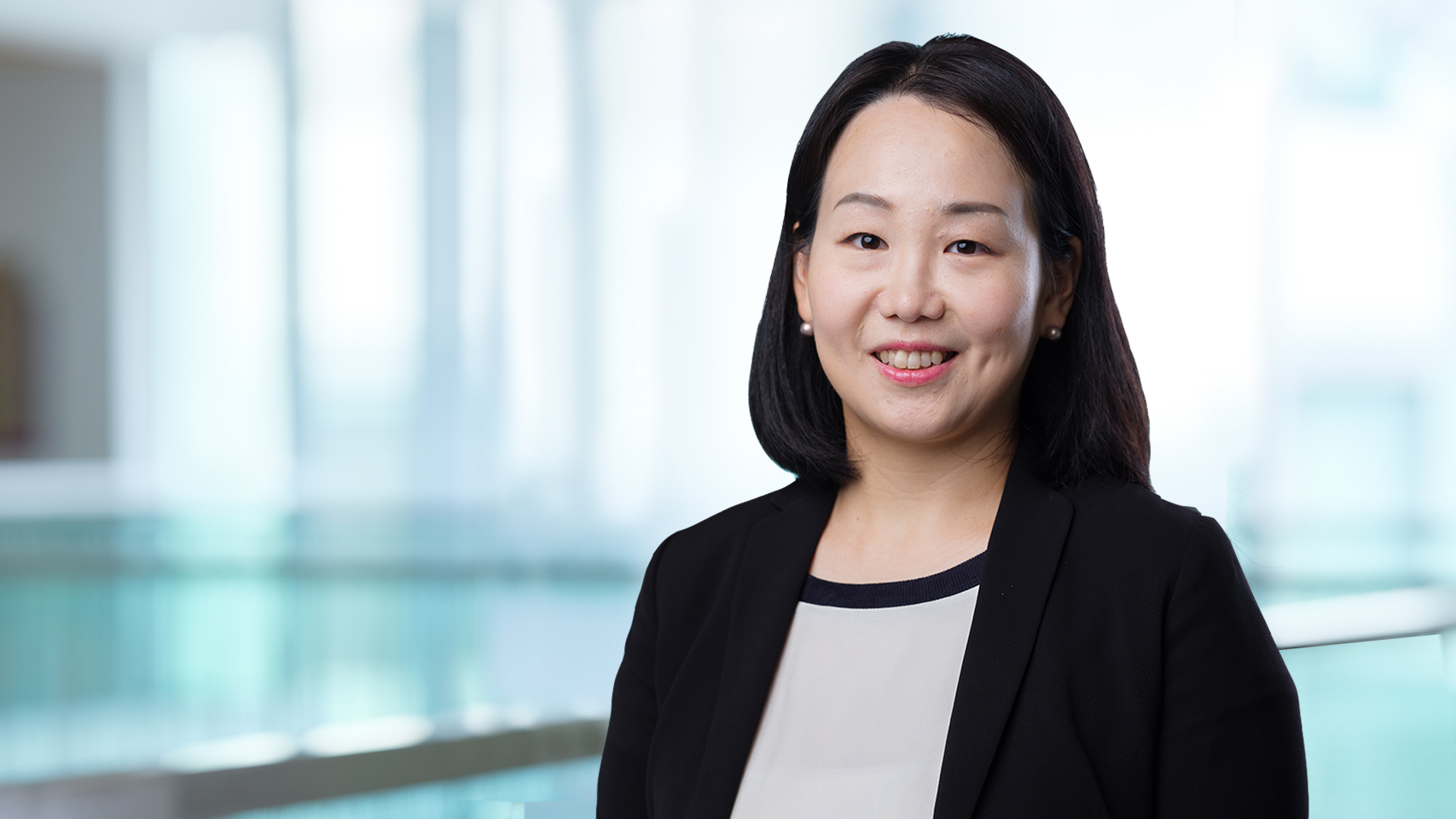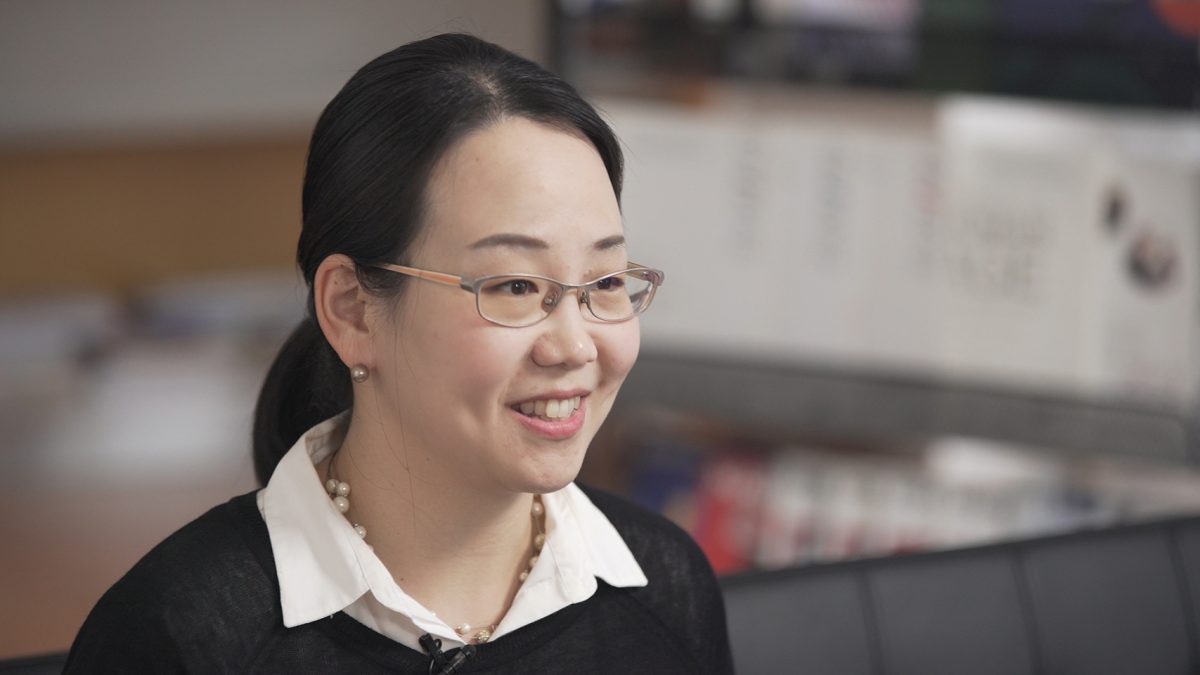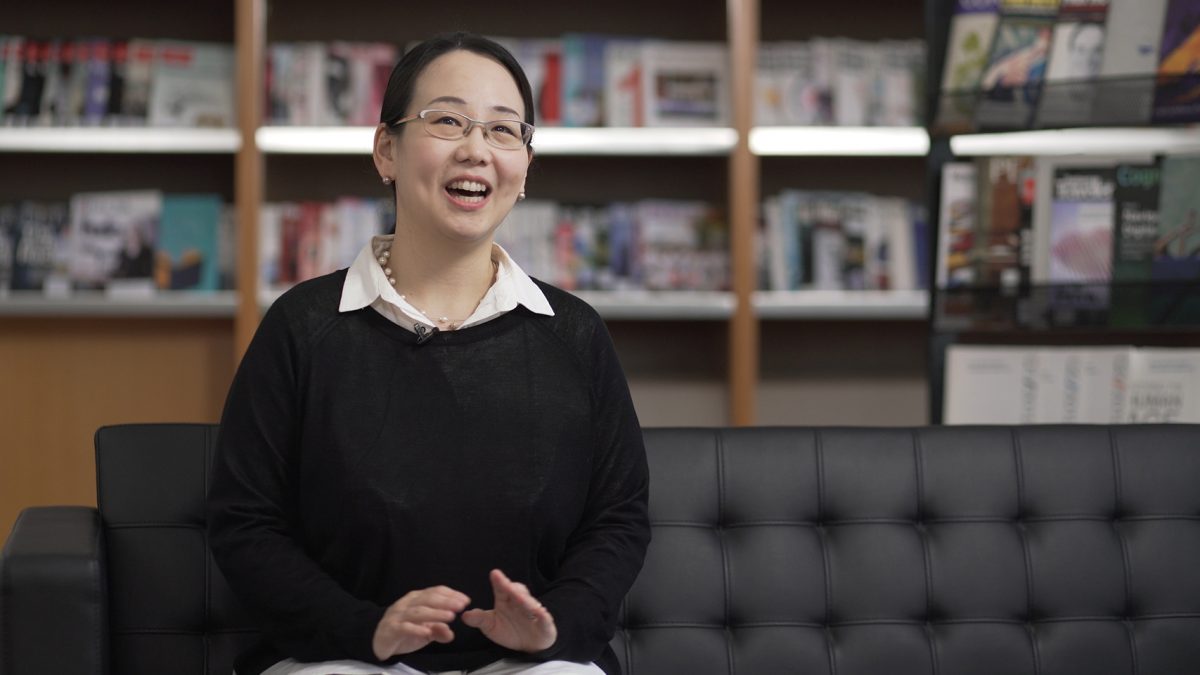From Literature to Management: A Path to a Creative Approach to Research

Ribuga Kang, Assistant Professor of the Department of Management at The Chinese University of Hong Kong (CUHK) Business School, has taken an unusual path towards her role as an educator and management theorist.
Unusually for a management professor, Prof. Ribuga Kang has a bachelor’s degree in French literature from Korea University in Seoul. She previously worked in the auto industry before heading back into academia, pursuing an MBA from Seoul National University. This was followed by a second master’s degree, this time in Management, from the London School of Economics and Political Science, and then a PhD in Business Administration, Strategic Management and Entrepreneurship from the Carlson School of Management, University of Minnesota. From literature to business, Prof. Kang’s journey has allowed her to take a creative approach to research.
A Rich and Varied Career
While many professors work in university all their lives, Prof. Kang began her career as an analyst in the corporate sector working for the Hyundai Motor Company before studying her PhD and becoming a professor. Analysing competitors prepared her for a future as a theorist in management. Hyundai’s ventures into the US and China gave her insights into how to convince customers about a brand’s reliability, especially when that brand is unfamiliar. “The work experience in the Korean automotive industry helped me a lot for my research. The insights gleaned there acted as a reference point to supplement some of my research results,” says the professor.
The insights gleaned there acted as a reference point to supplement some of my research results. — Prof. Ribuga Kang
Prof. Kang’s research interests focus on alliance partner choice, innovation, and how firms should balance between exploration and exploitation. But her journey to analysing businesses came surprisingly from her undergraduate studies in literature. While many people might see the two disciplines poles apart, Prof. Kang regards business and the humanities as complementary. “We read a lot of books and had so many discussions about understanding people, words, and society. It helped me understand business phenomenon, human behaviour, and made me more creative in interpreting things,” she says.
The Benefits of International Experience
Having studied around the globe, Prof. Kang uses this experience to compare working environments in different countries, allowing her to draw on different perspectives for her current research. “I use data from all over the world to garner deep insights, including, the US, Korea, Hong Kong and China, and look to see if this can be applied to different countries and institutions,” says Prof. Kang.
It is a perspective she also encourages her students to adopt, who Prof. Kang says can always benefit from exposure on an international level. “I tell them to experience different cultures and nowadays you don’t actually have to physically be there. One can take a course internationally and online, or on social media, and you can meet people from anywhere,” she says. “Try to understand different people and cultures and that will always expose you to more opportunities,” Prof. Kang adds.
Try to understand different people and cultures and that will always expose you to more opportunities. — Prof. Ribuga Kang
Teaching with an Eye on Real World Applications
Prof. Kang has been in Hong Kong for five years. Her current professorship is her first role after completing her PhD in the US. Globetrotting around the world, what made her choose to settle in Hong Kong at CUHK Business School? “I wanted to live in a big city, and universities in Hong Kong have been known for their good research environments and scholars. All these factors made me very interested. Hong Kong is not a surprising choice for Asian scholars. We are international here and I wanted to culturally be in a global place,” says Prof. Kang.
To Prof. Kang, Hong Kong is also a familiar and friendly city and that made the choice easy to make. In teaching strategic management, her style is practical and focuses on how the knowledge being taught is applicable to the real world, so students can understand why firms make decisions using concepts from the course. “The theories, framework and tools students learn should not only be concepts, but help them to understand society and real business phenomena, and can be utilised in work or when reading the news,” says Prof. Kang.
The hands-on approach is something that students crave, and Prof. Kang takes every opportunity to use practical examples from her career to illustrate her teachings. “Students are more excited when they understand context. They can understand why firms do the things they do better. Case readings set the right background to spawn interesting discussions and unleash their creativity, and it is a great experience for everyone. Without practical application, students may think things are too abstract and they don’t catch what the theory means,” Prof. Kang says.
The theories, framework and tools students learn should not only be concepts, but help them to understand society and real business phenomena, and can be utilised in work or when reading the news. — Prof. Ribuga Kang
Pioneering Research with Corporate Implications
Prof. Kang was drawn to her field of alliance and partner choice among firms, C-suite decision-making and innovation. “C-suite executives, especially CEOs, are so important to alliances and it is absolutely captivating to look at their decisions and attitudes to the risks of partnership. When they are given appropriate incentives, they take more risks for benefits – and I argue incentives are important to risk and innovation. I also look at how masculinity affects alliance choices made by CEOs,” says Prof. Kang. “But masculinity is very hard to capture, so we look at different parameters such as facial bone structure to get a hint of it,” she adds.
Her work was among the first research studies to analyse the relationship between CEOs and corporate alliance decisions. So what tips would she share with companies who are seeking to build alliances? “I would say it’s crucial to build trust. Individuals build partnerships, relationships, and alliances based on friendships and trust. But how do we build that on a firm level? I would say long-term relationships are better than short term ones for building trust,” says Prof. Kang.
While academia can often seem divorced from the real world, Prof. Kang is part of a new generation of scholars that are proving research can be trendy, cutting edge, useable and relevant to students entering business.



